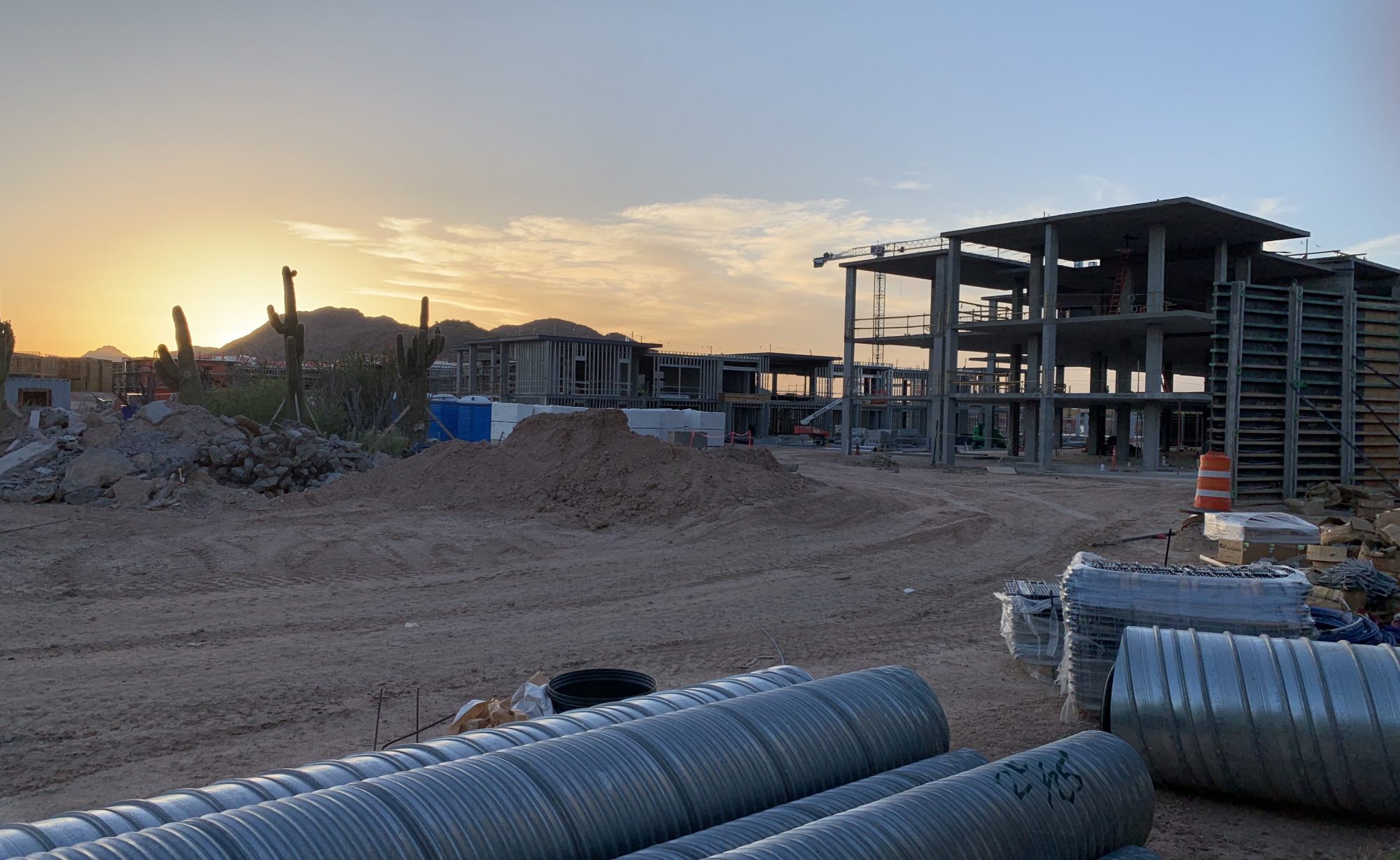As matter of first impression, the Ninth Circuit Court of Appeals recently held in Technica LLC ex rel. U.S. v. Carolina Cas. Ins. Co., 749 F.3d 1149 (9th Cir. 2014) that state laws preventing unlicensed contractors from recovering for unpaid work do not apply to actions under the federal Miller Act.
In Technica, a sub-subcontractor on a federal project in California filed suit for payment under the Miller Act against the general contractor and its surety. The trial court concluded that because the sub-subcontractor was not a licensed contractor as required by California law, it was precluded from pursuing its Miller Act claim for payment. The particular licensing statute at issue in Technica was California Business and Professions Code § 7031(a), which provides in part that:

 The Maricopa County Air Quality Department has just announced that it is now offering Basic Rule 310 Dust Control training classes online. Online classes are available to those seeking new certifications and those looking to renew their certifications.
The Maricopa County Air Quality Department has just announced that it is now offering Basic Rule 310 Dust Control training classes online. Online classes are available to those seeking new certifications and those looking to renew their certifications. In Ramona Equipment Rental, Inc. v. Carolina Casualty Ins. Co., et al., Case No. 12-55156 (June 20, 2014), the United States Court of Appeals for the Ninth Circuit recently addressed for the first time the issue of when a 90-day Miller Act notice needs to be served for materials and/or equipment furnished on an open book account. Consistent with decisions from the First, Fourth, and Fifth Circuits, the Ninth Circuit held “that if all the goods in a series of deliveries by a supplier on an open book account are used on the same government project, the ninety-day notice is timely as to all deliveries if it is given within ninety days from the last delivery.”
In Ramona Equipment Rental, Inc. v. Carolina Casualty Ins. Co., et al., Case No. 12-55156 (June 20, 2014), the United States Court of Appeals for the Ninth Circuit recently addressed for the first time the issue of when a 90-day Miller Act notice needs to be served for materials and/or equipment furnished on an open book account. Consistent with decisions from the First, Fourth, and Fifth Circuits, the Ninth Circuit held “that if all the goods in a series of deliveries by a supplier on an open book account are used on the same government project, the ninety-day notice is timely as to all deliveries if it is given within ninety days from the last delivery.”